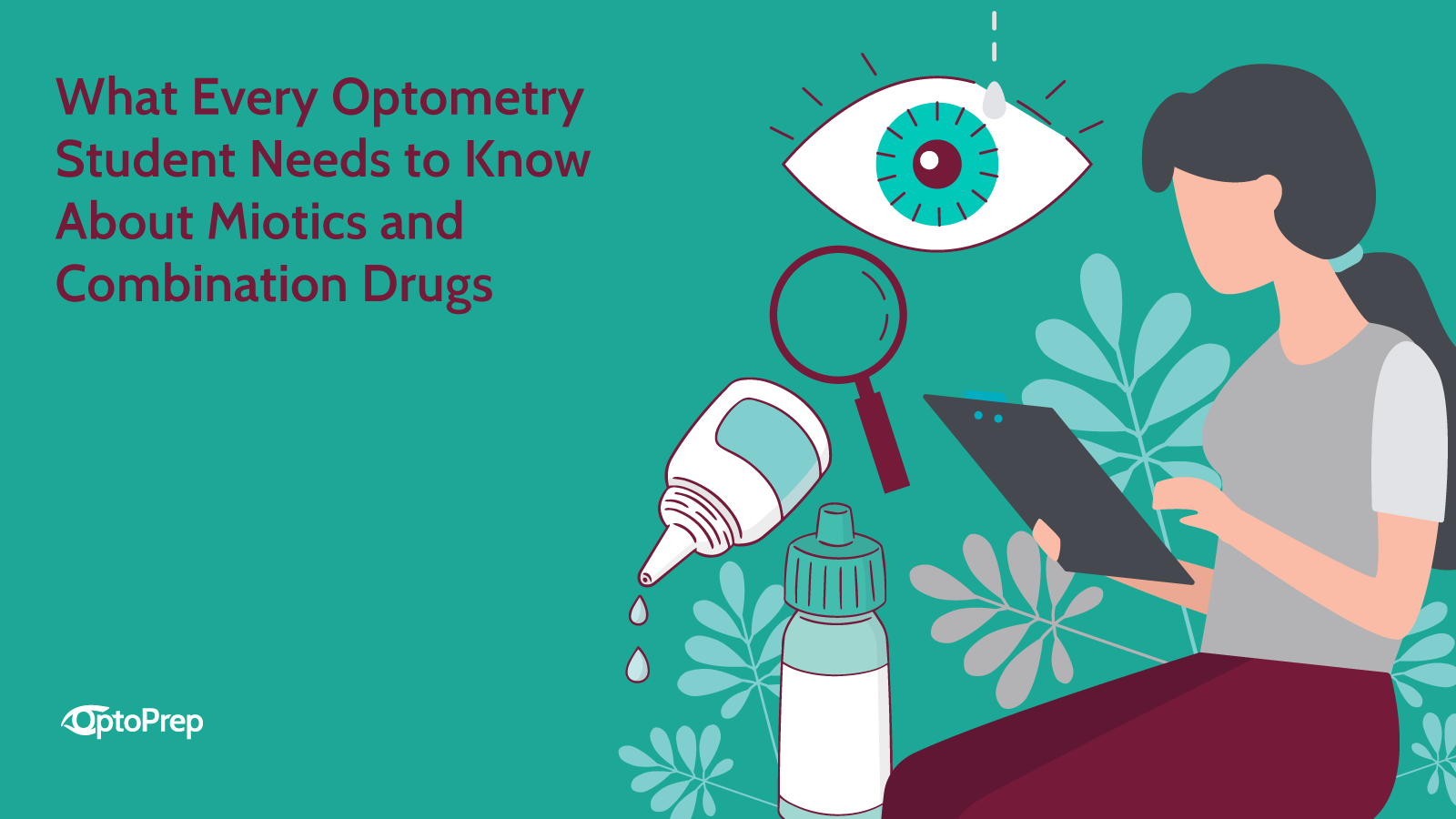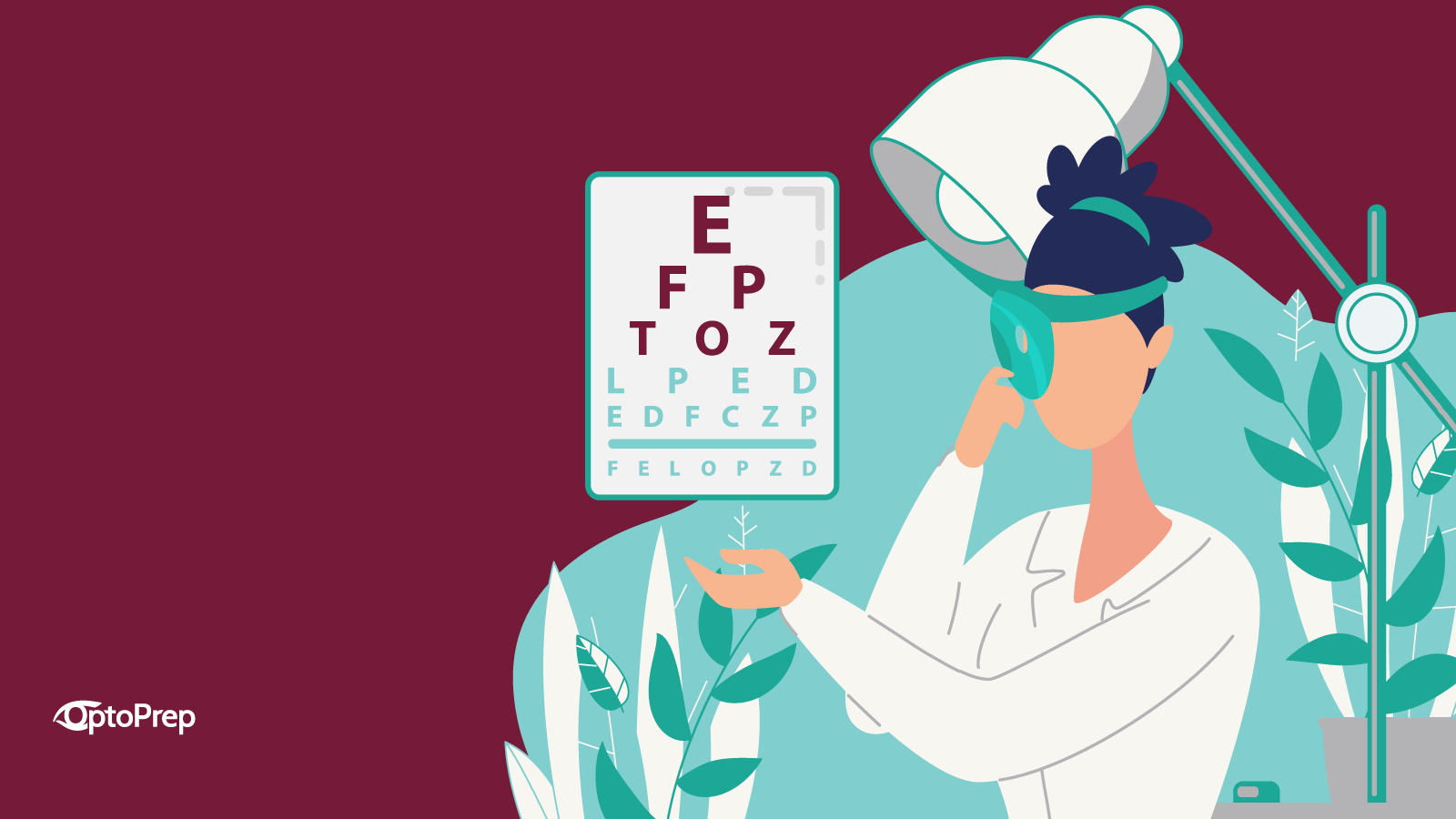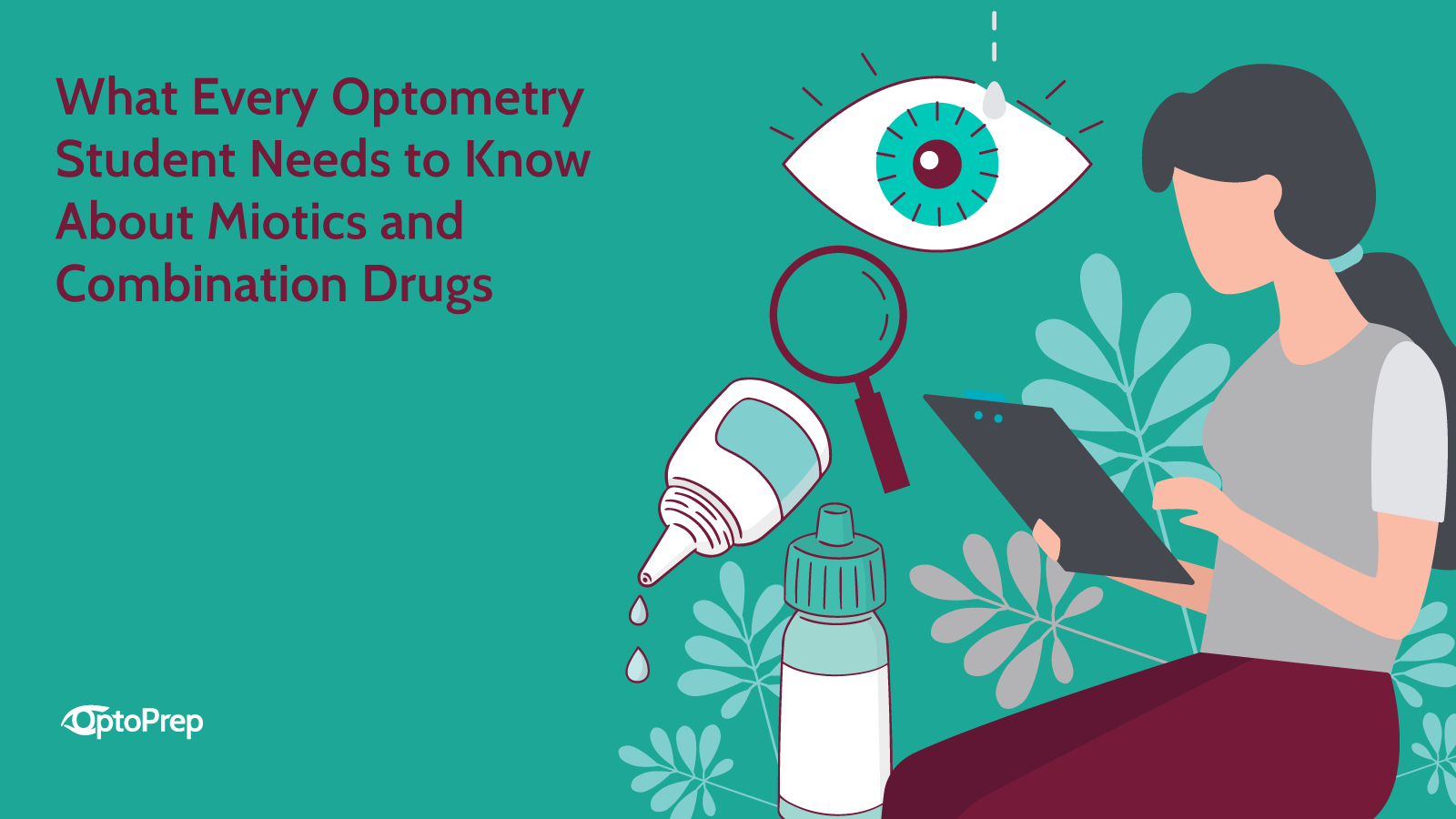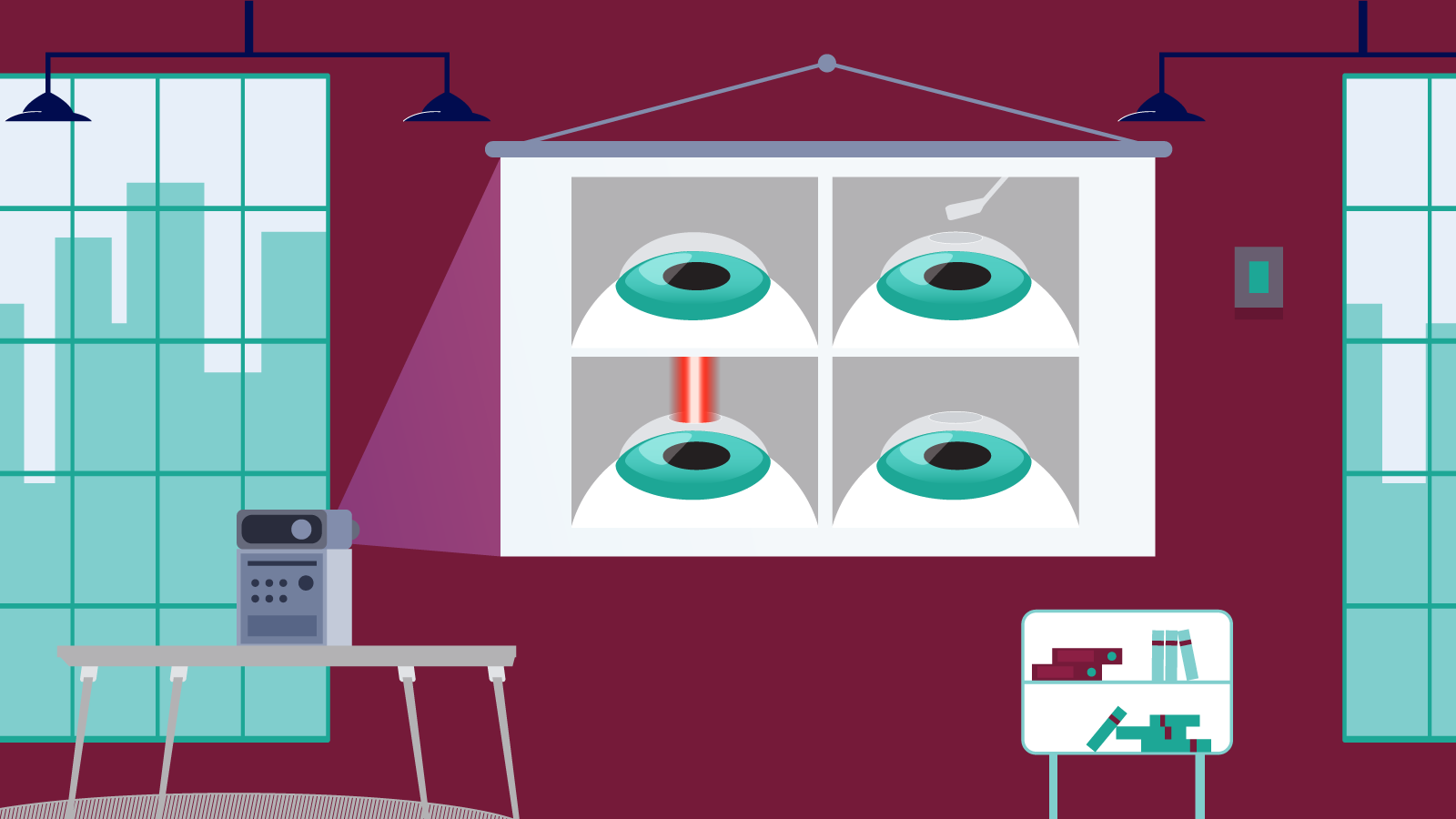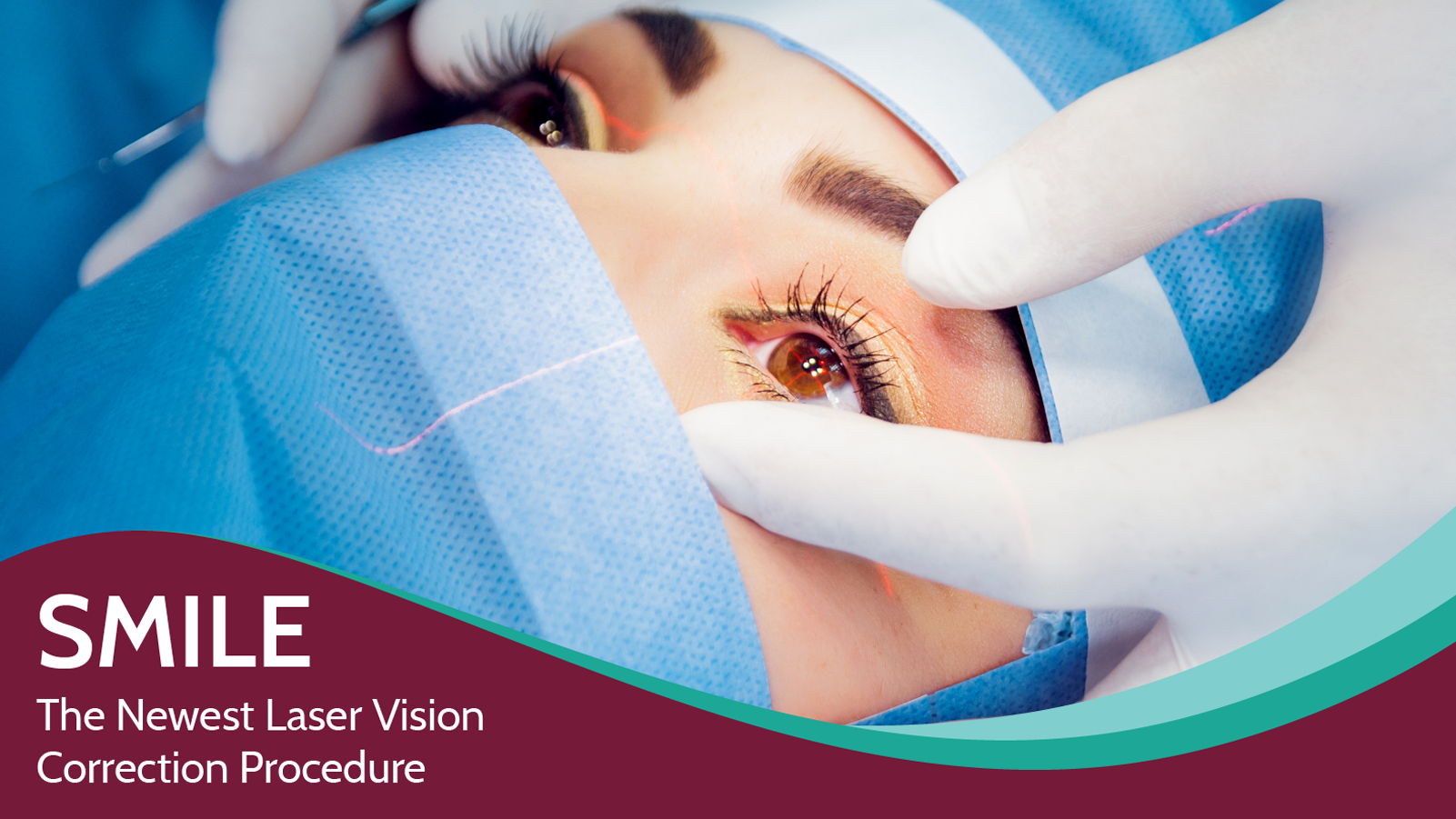Antibiotics are one of the most common types of pharmaceuticals prescribed by physicians. There are many different classes of antibiotics, each useful for a different subset of conditions.
Antibiotics are mainly used for, but not limited to, conditions related to the front surface of the eye. Many practitioners pick their antibiotic of choice and prescribe, overlooking the general health and allergic history of the patient.
Today, we will review the many different antibiotics relevant to eye care and available to ODs, their indications, and most importantly, when to use caution!


